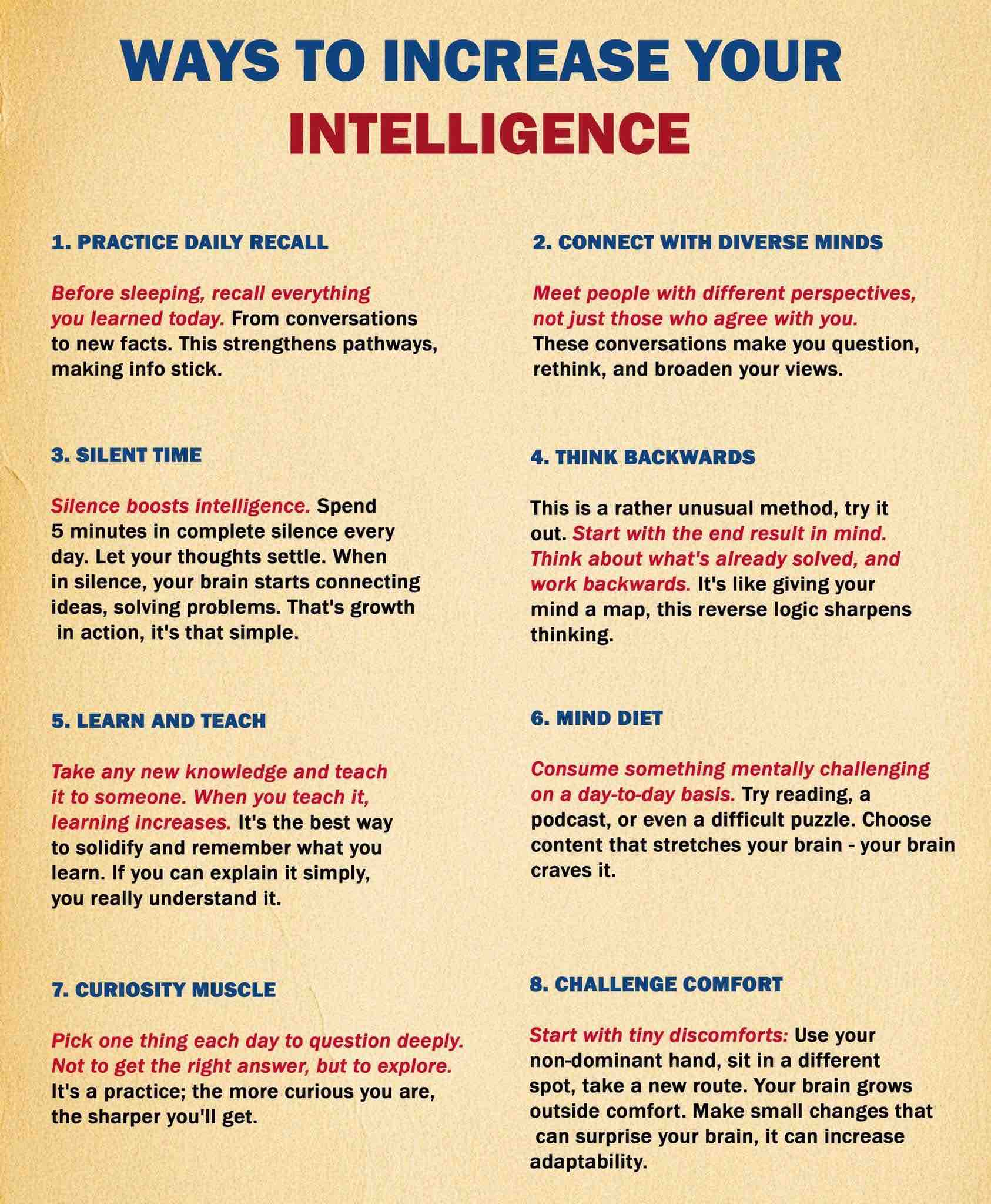
Life is a series of habits. Whether good or bad, these habits shape who we are and determine the quality of our lives. By consciously adopting positive habits, we can bring about transformative changes. Below, we explore 20 habits that can help you level up your life, backed by actionable advice to get you started.
1. Prioritize Sleep
A good night’s sleep isn’t just restful—it’s regenerative. Studies show that adults need 7-9 hours of quality sleep for optimal brain and body function.
Actionable Tip: Set a consistent bedtime and minimize screen time an hour before sleeping to improve your sleep hygiene.
2. Eat Healthy 80/20
The 80/20 rule promotes eating nutritious meals 80% of the time while allowing indulgences 20% of the time. This balanced approach fosters a healthy relationship with food.
Actionable Tip: Plan your meals ahead to ensure your 80% includes whole foods like fruits, vegetables, and lean proteins.
3. Exercise and Stretch for 30 Minutes
Physical activity boosts energy, enhances mood, and improves overall health. Stretching increases flexibility and reduces injury risks.
Actionable Tip: Start with simple home workouts or a brisk 30-minute walk, gradually incorporating stretches into your routine.
4. Cook at Home
Cooking at home not only saves money but also ensures control over your ingredients and portions.
Actionable Tip: Dedicate Sundays to meal prep or explore easy, quick recipes to simplify weekday cooking.
5. Wear Sunscreen
Sunscreen is your first line of defense against harmful UV rays, preventing premature aging and reducing the risk of skin cancer.
Actionable Tip: Use a broad-spectrum sunscreen with SPF 30+ daily, even on cloudy days.
6. Journal
Journaling clears the mind, improves self-awareness, and serves as a space for gratitude and reflection.
Actionable Tip: Start with a simple prompt like “What made me happy today?” to build the habit.
7. Practice Gratitude
Gratitude shifts your focus from what you lack to appreciating what you have, fostering positivity.
Actionable Tip: Write down three things you’re grateful for every morning or before bed.
8. Meditate and Practice Mindfulness
Meditation reduces stress, improves focus, and enhances emotional well-being.
Actionable Tip: Begin with 5-minute guided meditations available on apps like Calm or Headspace.
9. Limit the News
While staying informed is important, overconsumption of negative news can lead to anxiety.
Actionable Tip: Set a specific time daily for news updates and avoid doomscrolling.
10. Prioritize and Plan Your Day
Planning helps you tackle tasks effectively, reducing stress and boosting productivity.
Actionable Tip: Use a planner or a digital calendar to prioritize your top three tasks for the day.
11. Develop a Morning Routine
A structured morning sets the tone for a productive day.
Actionable Tip: Include habits like stretching, journaling, or drinking water in your morning routine.
12. Develop a Night Routine
A calming night routine signals your body it’s time to wind down.
Actionable Tip: Dim the lights, read a book, or indulge in a skincare ritual before bed.
13. Track Your Finances
Financial awareness is key to long-term stability and stress reduction.
Actionable Tip: Use budgeting apps like Mint to monitor spending and set financial goals.
14. Write Down Your Goals
Writing crystallizes your vision, increasing the likelihood of achievement.
Actionable Tip: Break your goals into actionable steps with specific deadlines.
15. Review and Reflect
Regular reflection ensures you stay aligned with your goals and values.
Actionable Tip: Dedicate 15 minutes weekly to reviewing your progress and identifying areas for improvement.
16. Volunteer Sometimes
Volunteering fosters connection, purpose, and gratitude.
Actionable Tip: Find local opportunities or participate in causes that resonate with you.
17. No Alcohol
Minimizing alcohol consumption improves physical health, mental clarity, and emotional balance.
Actionable Tip: Experiment with non-alcoholic alternatives or set alcohol-free days.
18. Invest in Your Future
Investing isn’t just financial; it’s about growth, learning, and building a better version of yourself.
Actionable Tip: Enroll in courses, set up a savings account, or build a fitness regimen.
19. Learn New Skills
Learning keeps the mind sharp and opens up new opportunities.
Actionable Tip: Start with something you’ve always been curious about—be it cooking, coding, or a new language.
20. Connect with Nature More
Nature is a powerful antidote to stress, boosting mood and fostering mindfulness.
Actionable Tip: Schedule regular walks in the park or a weekend hike to stay grounded.
Final Thoughts
Building these habits won’t happen overnight—it’s a journey of small, consistent steps. Choose one or two habits to focus on each month, and over time, watch your life transform. Remember, self-improvement is not about perfection but progress. Start today, and embrace the life you deserve.
FAQs About Building Positive Habits to Level Up Your Life
1. How long does it take to build a habit?
It varies for everyone, but research suggests it can take anywhere from 21 to 66 days to form a habit. Consistency is key to making it stick.
2. Should I try to implement all 20 habits at once?
No, it’s better to start small. Focus on 1-2 habits at a time and gradually add more as they become part of your routine.
3. What if I miss a day? Does it ruin the habit-building process?
Not at all! Missing a day is normal. The important thing is to get back on track the next day without being hard on yourself.
4. How can I stay motivated to maintain these habits?
Set clear goals, track your progress, and celebrate small wins. Having an accountability partner or joining a community can also help.
5. Are these habits suitable for busy schedules?
Yes, most of these habits can be tailored to fit into busy lifestyles. For example, even 5 minutes of journaling or stretching can make a difference.
6. How do I choose which habits to start with?
Identify areas of your life that need improvement or align with your goals. Start with habits that feel the most achievable and impactful for you.
7. Can I modify these habits to suit my lifestyle?
Absolutely. The list is flexible—feel free to adapt the habits to better fit your needs and preferences.
8. How do I overcome procrastination when starting new habits?
Break the habit into small, manageable steps. Pair it with an existing routine, and remind yourself of the benefits it will bring.
9. Are these habits backed by science?
Yes, most of these habits are supported by research in psychology, health, and wellness, emphasizing their positive impact on overall well-being.
10. How do I track my progress with these habits?
You can use habit-tracking apps, journals, or simple checklists to monitor your consistency and celebrate milestones.
Tags: self-improvement, habits to improve life, productivity hacks, personal growth, mindfulness practices, daily routines, health and wellness, positive habits, life hacks, lifestyle changes















